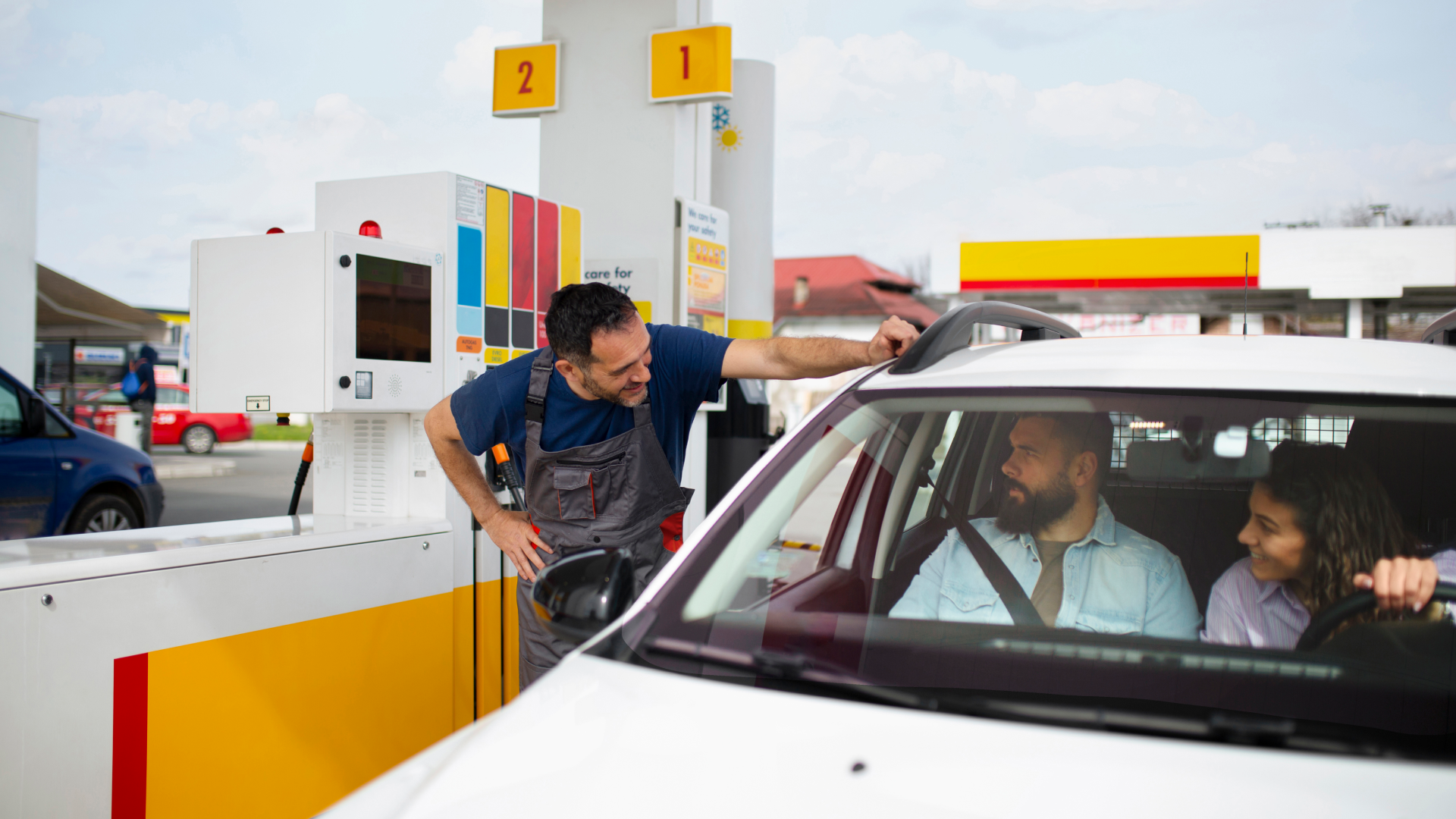Engineering for gas stations: how to ensure a successful venture
The role of engineering in fuel stations construction is vital for ensuring efficient, safe, and sustainable infrastructure. From planning to operation, the application of appropriate technical solutions ensures success and compliance with industry regulations. In this context, specializations in environmental engineering, mechanical and electrical engineering, automation, and civil engineering are essential for building a top-tier gas station.
The role of engineering in gas station construction
Building a gas station involves numerous challenges that can only be overcome with specialized engineering expertise. Each engineering field contributes to different aspects of the station’s operation and safety, ensuring that all systems work in harmony for optimal efficiency.
1. Environmental engineering: waste management and contamination prevention
First and foremost, engineering for fuel stations plays a critical role in waste management and preventing contamination at the gas station. It ensures the installation of proper drainage systems and stormwater treatment, as well as the correct disposal of waste, preventing environmental impacts. Consequently, the use of sustainable practices and innovative technologies helps reduce the ecological footprint of the business, promotes sustainability, and ensures compliance with environmental regulations.
2. Mechanical and electrical engineering: fuel pump and dispensing systems
In addition, mechanical and electrical engineering ensures the efficient operation of the fuel pumps and dispensing systems, which are crucial for the station’s operation. This area guarantees the installation of modern equipment that allows for safe, uninterrupted fueling. Furthermore, automation and technological controls improve energy efficiency and reduce operational costs in the long term, optimizing the station’s performance.
3. Automation and technology: innovative solutions for gas stations
Complementarily, automation and technology are modernizing gas stations by allowing the implementation of automated management systems, inventory control, and remote monitoring. These solutions streamline operations and reduce errors. Technologies such as mobile app payments and automated fueling enhance the customer experience, while sustainable solutions, like solar panels, boost efficiency and sustainability at the station.
4. Civil engineering: infrastructure and foundations for success
Moreover, civil engineering ensures the creation of the station’s infrastructure, from foundations to drainage systems. It involves a thorough soil evaluation and selection of appropriate materials, ensuring the construction’s durability and safety. Civil engineering also designs the station layout to optimize vehicle flow and ensure the safety of all on-site individuals.
Discover: Essential gas station equipment
Fire safety: a critical priority
Without a doubt, fire safety is a top priority at gas stations. Engineering for fuel stations ensures the installation of preventive systems such as sprinklers, extinguishers, and alarms, while also guaranteeing that fuel storage areas are safe and isolated. Compliance with fire safety regulations is essential to protect lives and property, minimizing risks to customers and employees.
Preventive maintenance: ensuring long-term sustainability
Furthermore, engineering plays a vital role in the preventive maintenance of station systems. Regular inspections and adjustments help identify and fix potential issues before they escalate into major problems. This ongoing maintenance ensures the smooth operation of systems and preserves equipment longevity. Additionally, it enhances operational efficiency and contributes to the business’s sustainability. Preventive maintenance ensures that the station operates safely, in compliance with industry standards.
Benefits of hiring a specialized engineering firm for your gas station
Hiring a specialized engineering firm offers numerous advantages for the gas station owner. The key benefits include:
- Strict industry compliance: specialized firms ensure that the station meets all legal and regulatory requirements.
- Cost and time optimization: well-planned projects avoid delays and reduce costs, making the process more efficient.
- Sustainable and efficient technologies: the integration of solutions like solar energy and automation systems helps reduce costs and aligns the station with modern environmental practices.
- Excellence in execution: experienced firms ensure that every phase of the project is executed with precision, delivering a high-quality gas station.
Invest in engineering for your gas station
In summary, investing in engineering for fuel stations is key to ensuring the success of your venture. Choosing a specialized firm ensures that the station is efficient, safe, sustainable, and compliant with industry regulations. With the support of qualified professionals, you’ll have a robust project ready to face market challenges and seize growth opportunities.
One successful example in the industry is the architectural project of the Ipiranga gas station (Paraíso), a standardized and successful project developed by Petrol Group for the Ipiranga network. Check out the full project here.
Want to make a difference and ensure your gas station’s success? Count on the support of the only business group exclusively dedicated to the fuel station sector in Brazil, with over 25 years of expertise and offering personalized consulting. Contact us for more information!
With Petrol Group, you have everything for your gas station in one place!
Learn more: Fuel station: discover the costs to set up your own!


